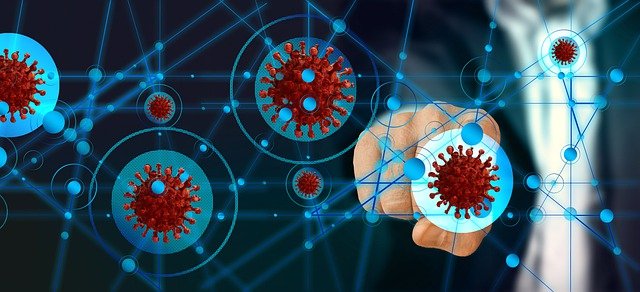The evolving nature of the ongoing COVID-19 pandemic and its new variants has raised global concerns. In this regard, scientific research efforts across all ages and types of population continue to rise in the fight against the virus. This means more personal health data will be collected, used and further processed for scientific research. However, data protection laws are still not clear on the use of health data for such purposes.
The European Data Protection Board (EDPB) published a paper in February to respond to these concerns although the response was not conclusive. The EDPB is currently preparing guidance on the processing of personal data for scientific research purposes and will explain more in Guidelines due to be published later in 2021. It is very much welcome on a continent where currently the laws in the healthcare industry differ from those in other sectors and are applied inconsistently in different countries even within Europe.
As the pandemic has not allowed clinical research to be carried out in its usual way, ie, where patients attend research sites in person, there has been a need to adapt which has contributed to a rise in alternative research channels. Some of these offer services where patients are visited directly in their homes, through apps, video calls and clinical study kits sent via post. This trend increases the amount of health data being collected and shared in more innovative ways which data privacy laws need to address and catch up.
An example of how governments may start coordinating the sharing of health information, is through vaccine passports. The security and the way in which these passports may be handled globally will bring interesting privacy conversations in the future.
The need for a globally coordinated response to addressing the variants may fast-track the need for a global approach, initiated by governments and/or industry leaders, to sharing personal health data for research purposes in a more harmonised way. Regulators and privacy experts also need to rise to the new challenges and think of innovative ways in which regulations allow science to contribute to society’s wellbeing.
Sharing health data to fight the Covid-19 variants must meet data protection requirements and this is where we as a DPO offer our clients advice.










